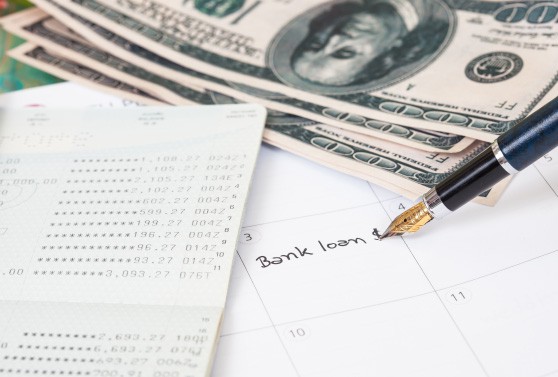Crisis could be subdued with traders fasting for Ramadan
On June 5, the nation of Qatar received news that a bloc of Arab countries led by Saudi Arabia would cut air, sea, and land links with the peninsular monarchy. In Doha, worried residents emptied store shelves knowing that Qatar depends on sea routes and its land border with Saudi Arabia for nearly all its consumer goods.
While the economic impact of the blockade on citizens was immediately evident, there was less clarity in financial markets. Although banking ties between Qatar and its Gulf Cooperation Council (GCC) allies are in flux, the Qatari banking sector in general is well-capitalized and reportedly capable of weathering a short-term hit to its operations. The desert nation currently retains an investment grade rating, which gives it favorable borrowing costs should it need access to financing, and only six to eight percent of its total liabilities come from other GCC banks.
In the longer term, however, experts warn that lack of access to GCC interbank operations could be a cause for concern.
Could the blockade turn into more than a brief period of turbulence?
Not likely, according to some investors. This isn’t the first time Qatar has gone through a period of instability, they say, and it probably won’t be the last. According to Federated Investment Management Company, the “base case” for a resolution to this crisis is in the six-month range, and investors are already starting to see signs of market stabilization just a few days into the embargo.
“Markets are calming down,” says Mohammed Elmi of Federated. “We are still in the early days of the situation, but this could actually be a buying opportunity for Qatari assets.”
Federated is sub-advisor to the Azzad Wise Capital Fund (ticker: WISEX), which invests in GCC assets, including Qatari banks and sukuk.
Investors across the region and beyond are still justifiably concerned that the diplomatic crisis surrounding Qatar will increase risks around the region. Case in point: bond prices fell moderately across the six-nation GCC the day after the announced embargo, and Qatar’s sovereign international bonds came under pressure. But several signs indicate that trouble in Qatar won’t necessarily spill over in the larger GCC.
One reason the Qatari crisis might remain contained and eventually resolve itself has to do with the timing of the embargo, which comes during Ramadan, the Islamic month-long period of fasting when many businesses in Muslim-majority countries halt activities or operate at reduced hours to accommodate fasting employees. According to Federated, part of the reason there hasn’t been a wider selloff in GCC markets could be the absence of traders at their desks. Such a scenario isn’t unusual; there is often limited trading in GCC nations during the holy month.
“Rather than spilling over into the wider GCC, there is a forming market consensus that this is a buying opportunity at some level,” says John Polinski, portfolio manager for the Azzad Wise Capital Fund and Federated VP. “And ‘some level’ is the key phrase.”
Whatever that level may be, Polinski sees the Qatar blockade as an isolated, regional event that will have some impact on capital and credit markets but should be resolved shortly through goodwill gestures from the Qatari monarchy.
With the Saudi 10-year conventional sovereign bond issued last year rising in price on the news, it seems as though few investors are worried about the fundamentals of the region.
Polinski adds, “The GCC is a compelling investment case based on where yields are currently. Investors can take advantage of that.”
This article may contain forward looking statements including statements regarding our current expectations and belief with respect to market conditions. Readers are cautioned not to place undue reliance on these forward looking statements. Forecasts are subject to uncertainty. Past performance is not a reliable indication of future performance.


